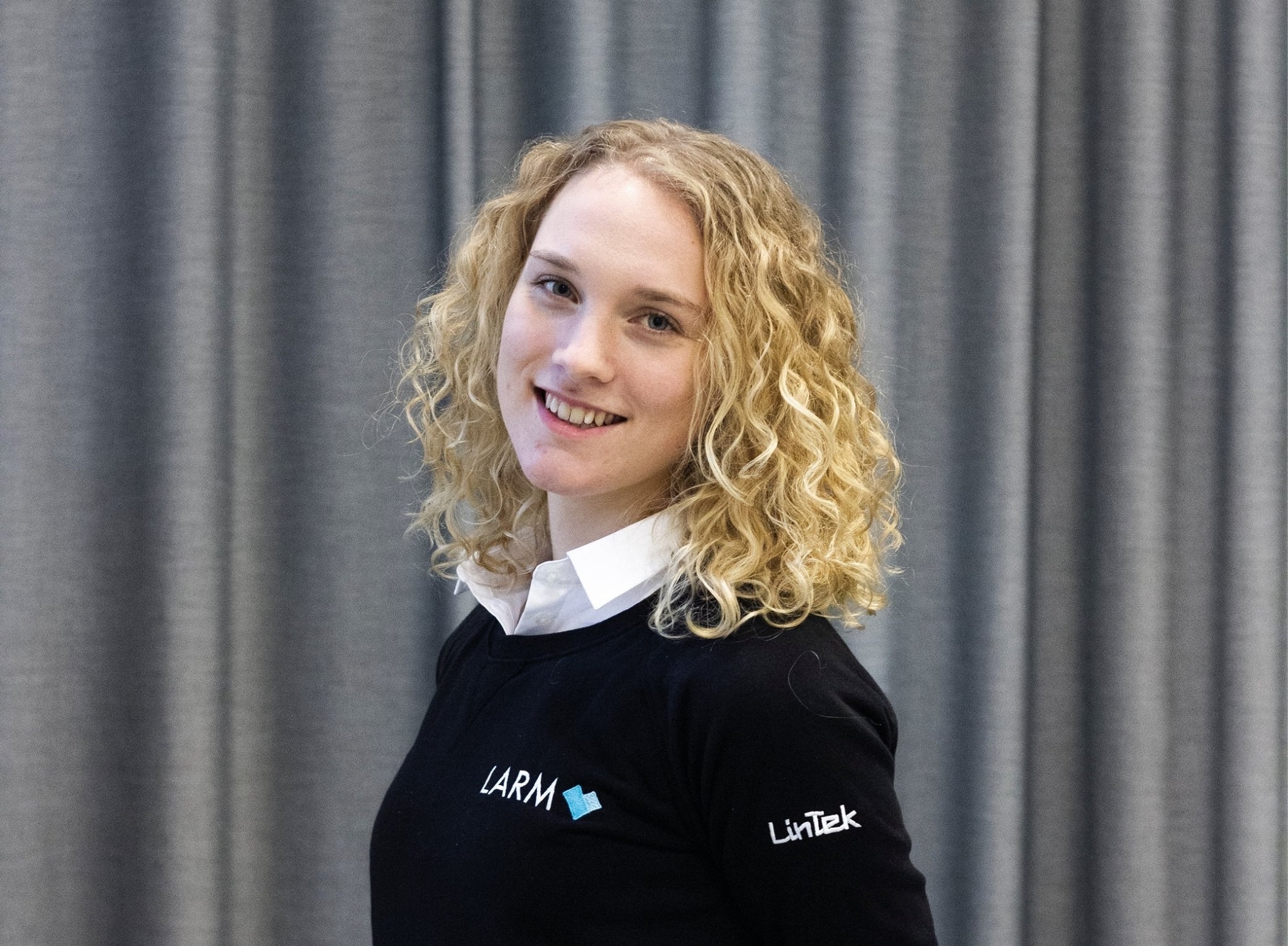Social, health, and environmental issues are a constant struggle in Vietnam, where a rapidly expanding economy has led to a boom in consumerism.
The following are some opinions from expats living in Vietnam who responded to a request from Tuoi Tre News for comments on the trend.
The difference between owning lots of things and liking beautiful things
Though fashion design is an industry often maligned for rampant consumerism, I often find myself making changes with the hope of positively impacting consumers and redirecting my brand towards a more positive direction.
Our business in Hanoi does not produce fast fashion. Instead it focuses on quality, natural fibers, handcrafted garments that are made to last, and ensuring everyone involved in the production process is paid fairly and respected for the skills they bring to the table.
Of course I love beautiful things, but I don't have to own a lot of them to make me happy.
Hence, it is important to distinguish between gaining pleasure from owning a lot of things and just liking beautiful things.
I love to go shopping at wet markets so that I can buy directly from small business owners and producer shops rather than big impersonal shopping malls where all the goods are exactly alike.
I think a smart consumer is someone who tries to buy ethically, from both the environmental and labor perspectives.
A consumer should be responsible for their purchases and it is important for them to pay attention to where their purchases come from, not just their aesthetic or appearance.
Many forget to take this into consideration and instead buy products from industries known for child labor, not properly treating waste, and encouraging wasteful consumption.
As consumers, we’re so dazzled by technology and progress that we sometimes forget how people and nature fit into the equation.
Just five years ago most foods bought and sold in Hanoi were wrapped in leaves instead of plastic. Now, it’s hard to find a single pomello that hasn’t been covered in cling wrap and a mesh bag.
I think consumerism is out of hand in most affluent countries, even more so than in Vietnam.
When an entire day spent at IKEA can be called a family outing, it's a problem.
Sales like the Boxing Day Sales in Australia, see normal, ordinary people behaving in appalling was – throwing products and literally fighting for a bargain.
Consumer education can help people make better choices.
The problem arises from the fact that wealth and acquiring "things" have become the main objective in life for so many people.
Regardless of nationality, some people pursue this objective without concern to how it may hurt and impact others.
 |
Cynthia Mann from Australia
Recycle and reuse things
I try to live a minimalist lifestyle when I can.
I am also a vegan because I want to minimize my consumption and reduce my contributions to the food industry.
I usually recycle and reuse things instead of throwing them away and buying new stuff.
I love nature and would rather walk through the forest than through a shopping mall in my spare time. It’s good for the society because it doesn’t tempt me to consume more.
I strive for a simple life filled with adventures and joy and I think that this lifestyle will bring me that.
I want to live in a way that is fair to the people who make the things I buy while also protecting the earth from becoming too polluted.
In other words, I do not want poorer populations in rural areas to suffer from the consequences of my consumer habits only because I grew up in richer and more developed country.
Even though these people may not experience the benefits, pleasure, and luxury consumerism provides, they still suffer from the negative impacts those things have on societies and the environment - pollution, modern-day slavery, and disease.
Sweden is a rich country and many people have a lot of spare time which gives them the freedom to consumer more.
Our society is divided into two groups. One that recognizes the dark side of consumption and another that wants to consume simply because it has the money or time to do so.
Luckily, I have there is a growing trend of consumers thinking more about their choice and how they are impacting our sustainability and the environment. This change ahs made people consume less and make better choices when buying products.
Personally I think in Vietnam and other Asian countries rich people are expected to buy many things and spend lavishly. I also think that people judge each by the things they own and the way they look.
Another reason consumerism might be a problem in Vietnam is that many parents have been through poverty and know what it is like, so they want they want their kids to have all the things they couldn’t afford when they were younger.
Wherever I work, I try to get my boss and coworkers to think about their habits and behaviors, especially when it comes to food consumption.
I always try to show how simple it is to make small changes so they see that it can be done and that its not too demanding or difficult.
 |
Christine Almquist from Sweden
Schools do not reinforce good habits
For a very long time I’ve made it a goal to minimize my purchases and be very careful while shopping.
My stand is to only buy the things that will give me long-term benefits, are good for my health, and don’t negatively impact the environment.
I usually just buy food and things to feed my soul and body. I avoid things that make me feel dependent on material goods or can damage my health or the environment.
I am currently living in Austin, Texas, USA where people normally shop for new things everything week or every month because their either get bored of the stuff they have or because what they have is no longer “trendy.” There are a lot of second hand stores where I live because of this.
Another problem is that local schools don’t help children create a habit of appreciating the quality and meaning of the things they own.
Many schools here have a different dress theme every day! This means parents go shopping for new clothes, new themes, new styles for their kids all the time.
It is apparent that the schools are encouraging unnecessary consumption and materialism.
I’ve been a happy whole-plant based consumer for a year now. This means I eat whole-plant based food as much as I can, consume minimal meat and dairy, and eat no eggs.
I have a small veggie garden and plan to grow more food in the upcoming year. Growing my own food is an essential part of becoming more self-sufficient, knowing what I eat, and appreciating the food I consume.
I think that each of us should become smart and responsible consumers.
It is important to have a good understanding of what we eat, where our food comes from, and who benefits from our purchases.
I do not spend money on goods produced by socially irresponsible corporations that damage the environment.
 |
Paw Sriprasit from Thailand


Max: 1500 characters
There are no comments yet. Be the first to comment.